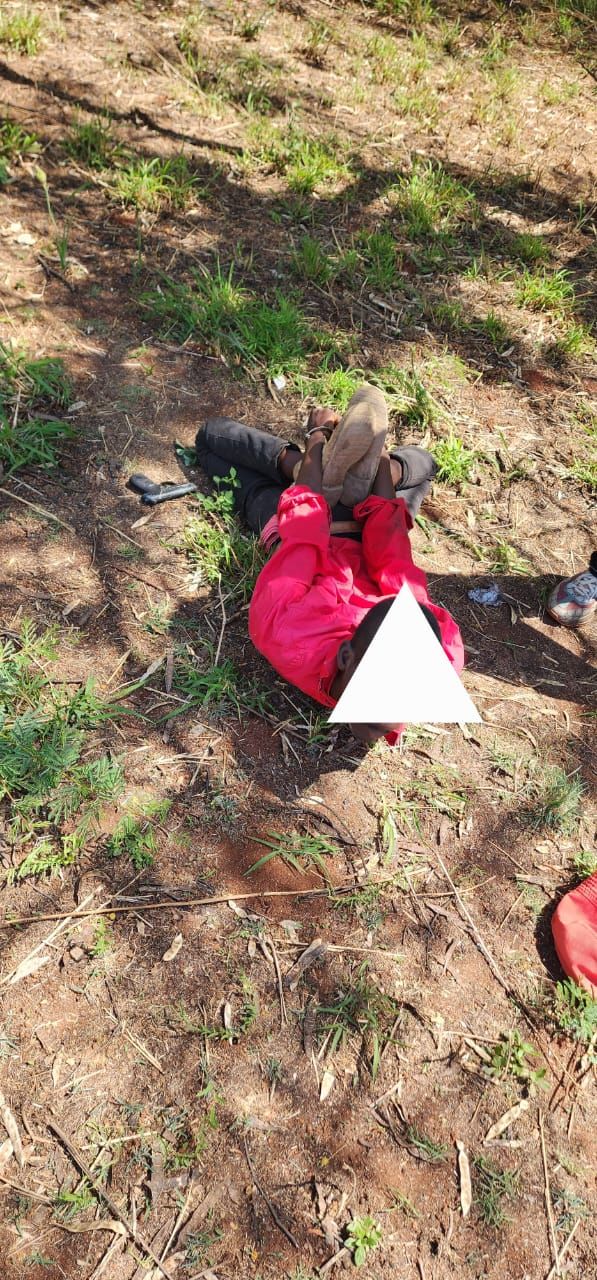Waves for Change (W4C) is a non-profit organization that uses surfing to provide mental health therapy to underprivileged children. On October 10th, W4C will hold an event to raise awareness about mental health issues for those who lack access to services. The program uses immersion techniques to help children cope with anxiety and fear and teaches them about the culture of respect, protection, and communication. Since its establishment, W4C has helped 2,500 children and aims to provide long-term support aligned with school terms.
As World Mental Health Day looms, the non-profit organization Waves for Change (W4C) capitalizes on physical activity and the ocean’s restorative qualities to provide surf therapy for thousands of children from numerous underprivileged communities. W4C’s primary objective is to deliver mental health prevention and promotion services to young people by harnessing the power of surfing.
On October 10th, W4C will conduct its most significant public immersion event to raise awareness about mental health concerns, particularly for those who lack access to such services. This endeavor seeks to unite as many attendees as possible to support and advocate early intervention against chronic stress and trauma in susceptible children through effective surf therapy and mindfulness techniques.
Immersion Technique and Surf Therapy
Immersion, a method developed to assist children with toxic stress in coping with their fears and anxiety, also serves as a gateway to surf therapy during this session. Participants learn about W4C’s culture of “respect, protect, and communicate” while entering the water together, encouraging positive peer interaction through trust and active listening. This approach cultivates connections among participants and teaches them to be in sync with their body’s biofeedback.
In South African townships, children are eight times more likely to encounter traumatic events than those residing in affluent areas, according to Tim Conibear, the co-founder of W4C. Persistent or prolonged exposure to trauma and adversity results in toxic stress, which detrimentally affects a child’s development. Conibear contends that these children need urgent support to overcome their situations.
World Mental Health Day and W4C’s Origins
The global theme for World Mental Health Day 2023 is “Mental Health is a Universal Right,” which advocates for widespread access to specialized health support. W4C’s journey commenced in 2009 as an informal weekend surf club for a few children from Masiphumelele in Cape Town. It became a registered non-profit and public benefit organization two years later.
Since its establishment, W4C has built a robust scientific evidence base for surf therapy as a cost-effective and viable means of assisting children experiencing toxic stress. The organization reaches 2,500 children and adolescents annually through surf therapy. Participants are referred by schools, social workers, the Western Cape Department of Education, or local hospitals, serving children from 43 underprivileged communities in Cape Town, such as Khayelitsha, the Cape Flats, and Hout Bay.
W4C’s Impact on Communities and Future Goals
W4C also operates in Gqebera and East London, where mental health services are severely limited. Through W4C Beach Hubs and trained community surf coaches, vulnerable children can find belonging, acquire new skills, build confidence, and develop positive behaviors toward mental wellness in a secure environment.
Research suggests that attending weekly sessions for eight weeks can help stabilize children’s central nervous systems. To ensure lasting benefits, however, the service should align with school terms to provide long-term support. W4C’s impact extends beyond the children, affecting coaches and the entire community. Zilungile, a youth coach at W4C who participated in the program, emphasizes that the organization’s influence is life-changing for all involved.
In summary, the Waves for Change initiative highlights the creative utilization of surfing as a tool to promote mental health and well-being. This program has enabled countless children from disadvantaged communities to find comfort and healing in the ocean’s therapeutic embrace. As World Mental Health Day approaches, W4C’s public immersion event serves as a potent reminder of the significance of mental health awareness and assistance for vulnerable populations.
What is Waves for Change (W4C)?
Waves for Change (W4C) is a non-profit organization that provides mental health therapy to underprivileged children using surfing as a tool.
How does W4C use surfing to provide therapy?
W4C uses immersion techniques to help children cope with anxiety and fear and teaches them about the culture of respect, protection, and communication. The immersion session also serves as a gateway to surf therapy, where participants learn to be in sync with their body’s biofeedback.
Who does W4C serve?
W4C serves underprivileged children from 43 communities in Cape Town, South Africa, such as Khayelitsha, the Cape Flats, and Hout Bay. The organization also operates in Gqebera and East London, where mental health services are limited.
How many children has W4C helped?
Since its establishment, W4C has helped 2,500 children.
What is W4C’s primary objective?
W4C’s primary objective is to deliver mental health prevention and promotion services to young people by harnessing the power of surfing.
What is the significance of World Mental Health Day for W4C?
World Mental Health Day is significant for W4C as the organization capitalizes on physical activity and the ocean’s restorative qualities to provide surf therapy for vulnerable children from underprivileged communities. On October 10th, W4C will hold an event to raise awareness about mental health concerns for those who lack access to services.
What is the impact of W4C on communities?
W4C’s impact extends beyond the children it serves, affecting coaches and the entire community. Research suggests that attending weekly sessions for eight weeks can help stabilize children’s central nervous systems. To ensure lasting benefits, however, the service should align with school terms to provide long-term support.
What are W4C’s future goals?
W4C aims to provide long-term support aligned with school terms to vulnerable children from underprivileged communities. The organization also seeks to continue building a robust scientific evidence base for surf therapy as a cost-effective and viable means of assisting children experiencing toxic stress.












